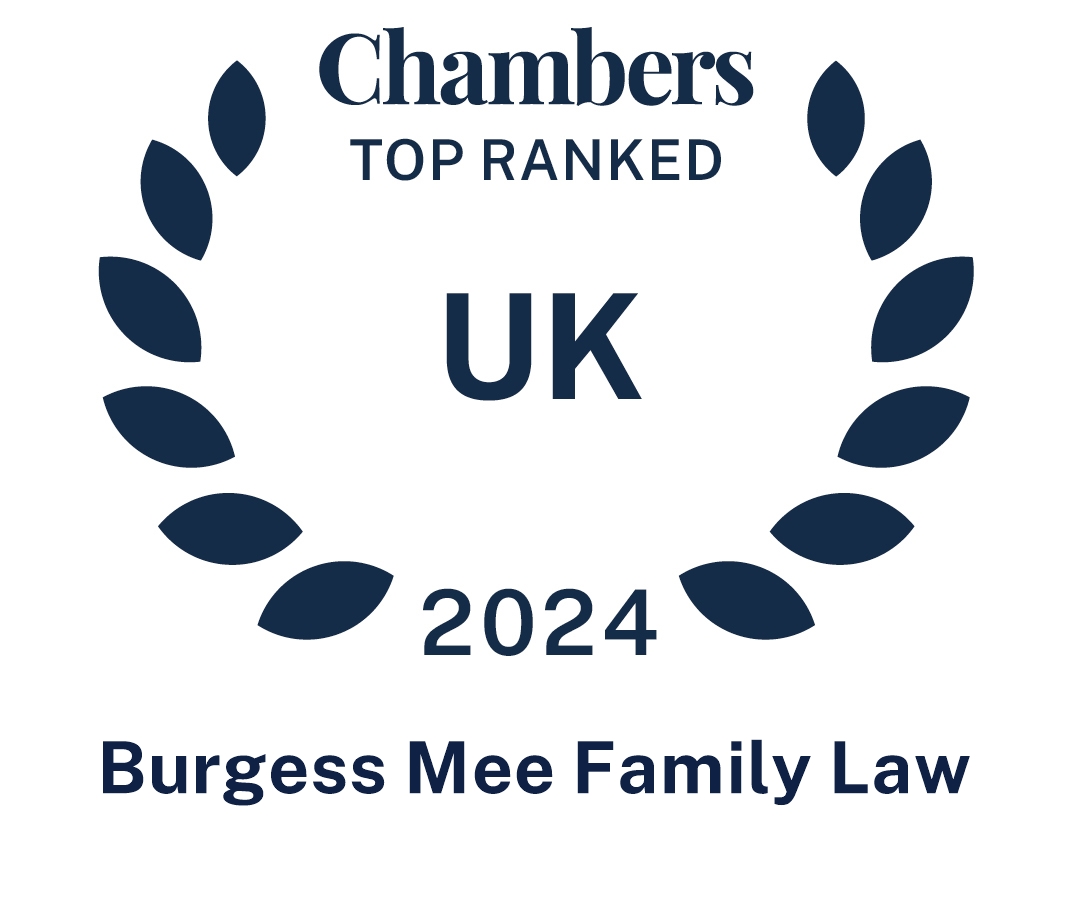Financial and children matters are dealt with separately to the divorce process. The court encourages everyone to attempt mediation before making a court application.
Mediation involves both parties meeting with an independent third party, the mediator. The mediator does not advise the parties. Instead, the mediator acts as a steer, encouraging and assisting both parties to reach a compromise. A couple will usually have between three and five mediation sessions by which time they will know if they are going to be able to reach an agreement. In between mediation sessions they can take advice from their independent solicitors.
The mediation process for financial matters is “without prejudice” (it can’t be referred to in court proceedings) so the parties have the freedom to make compromises and proposals without losing their negotiating position if they cannot reach a full agreement on all points. Once they have reached an agreement in mediation, the parties are advised on it by their solicitors and there may be a little more negotiation.
If a full agreement is reached then that agreement becomes “open” and is binding. A consent order can be drafted containing the agreement and sent to the court. If the judge checking the order considers that it is fair then it will be finalised by the court and is a binding court order which can then be enforced.
Have a look at our lovely suite of dedicated
meeting rooms in Clapham.


